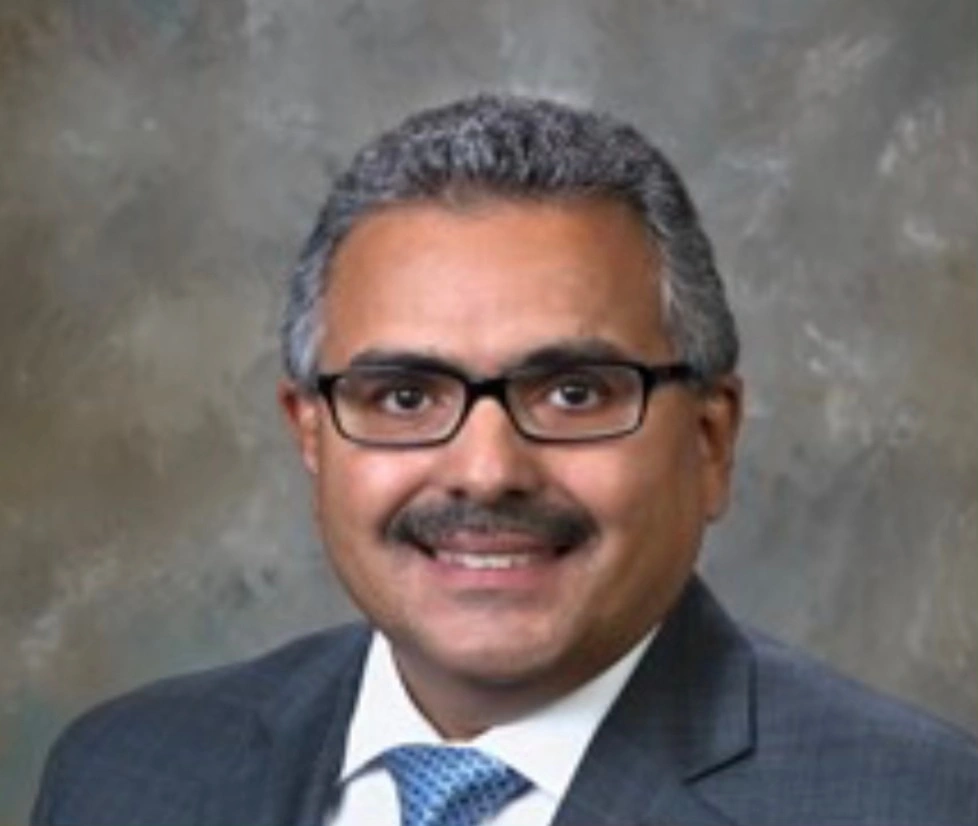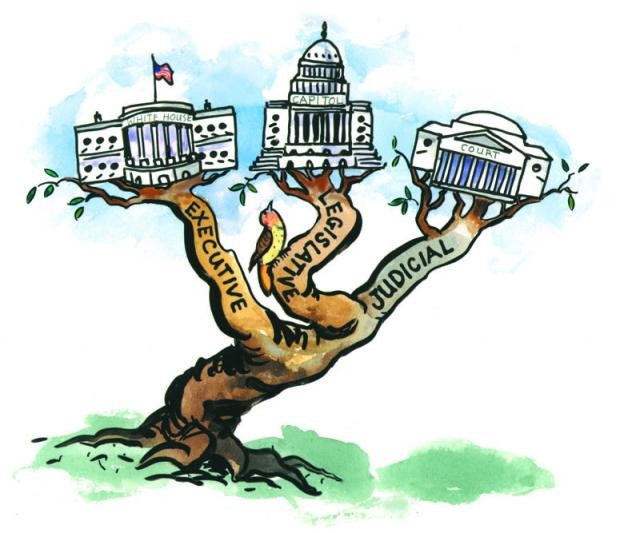Interview Written and Conducted by: Michael Baturin (All answers are unedited and have been provided directly by Secretary Robert Torres, Esq.)
Welcome to the inaugural JHU Law Review Forum and Debate Series! We are opening with a comprehensive, one on one interview, with former Pennsylvania Secretary of State and Pennsylvania Secretary of Aging: Secretary Robert Torres, Esq. who is the first Latino to serve both roles.
A wide-ranging set of questions was forwarded to Secretary Torres who provided in depth answers and insights into his legal career path, how law and government intersect, along with analysis of cutting edge topics such as AI.
- Can you provide us with a background of your professional history?
“I have worked in both the private and public sectors. I started my career in cost accounting at Bethlehem Steel Corporation, after majoring in accounting and earning a business degree from Pace University. I then transitioned to working for a large insurance company where I worked in various positions and eventually managed different areas under finance, marketing, information management and physician contracting and credentialing. I then decided to leave the private sector and work in state government where I worked in senior level positions directing public health, health information technology, elections, professional licensing, business registration services and serving older adults.“
2. How long have you been in the legal profession among all sectors?
“I have been a licensed attorney for 23 years and served in government for nearly 16 of these years.”
3. Did you anticipate taking the route you took to get to where you are at now?
“I could never have imagined the direction that my career took. I was a non-traditional law student because I did not pursue law immediately after obtaining my business degree. I considered law school when Widener University Law School opened a campus in Harrisburg which allowed me to study law while working full time, which in hindsight was a bit crazy. At the time, I was in middle management at Highmark Blue Cross Blue Shield and I was an elected school board member in Harrisburg, which also prompted my renewed interest in studying law.
I have to confess, at no time when I was growing up or throughout my professional career did I ever ponder whether it would be great to become Secretary of Aging or maybe, I could serve as Secretary of State where I could oversee elections during tumultuous times. I can assure you none of these possibilities were on my radar and yet, I ended up serving in both of these positions. While totally unexpected on my part, these positions offered me some really unique experiences and I have learned some valuable leadership lessons in the process.”
4. You have a wonderful, diverse, and impressive legal background in several sectors. Can you speak to how having a law degree has advanced you professionally and how it has contributed to you in each of these different sectors?
“My law school experience was both challenging and very beneficial, from both a professional and personal perspective, because of the subject matter I was learning and the writing and analytical skills that I developed. Graduating from law school helped to advance my career with promotions and new opportunities in both the private and public sectors. My legal education helped to sharpen the analytical skills I use in assessing many sides of an issue. I also believe that the development of these skills helped me to become a stronger persuasive writer and a better advocate, which has been beneficial to me generally but particularly in my senior government positions. In government, you deal with many diverse issues and need to understand whether new executive policies, legislation or regulations can help address the issues you are working to resolve. The legal skills I developed in law school and over time helped me to evaluate options, assess risks, anticipate counter points to my position and strategize on how best to achieve a desirable outcome.”
5. Have you found law in the private sector to be dramatically different than that of the public sector? Is one easier to engage in than the other?
“Typically in the private sector, lawyers tend to specialize in a particular area. For example, when I worked with a large insurance company there were specific lawyers you went to if you had a personnel matter or human resource issue to deal with, another if you had a physician or hospital contract issue and yet another if you needed help with government legislation or regulations. While some of these dynamics do exist in the public sector, I found that attorneys in government tend to be or need to be more generalists, with some exceptions, because of the myriad of issues that are dealt with in government on a daily basis. I don’t necessarily believe one sector is easier to engage in than the other, although the public sector offers a large variety of opportunities in specific subject areas that could be of particular interest to an individual like environmental, election or public health law.”
6. How did having a law degree assist you as Acting Secretary of State and Secretary of Aging?
“A legal education and law degree was extremely beneficial to me in these two senior government positions. It helped me to research and understand complex legal issues, raise appropriate questions to thoroughly examine options available to address problems, feel confident when involved in highly visible or controversial matters like election related lawsuits, elder abuse issues like appeals from alleged perpetrators or disagreements with a decision to pursue guardianship for an older adult. It was not intimidating to be served with papers related to a filed lawsuit. It was also helpful to analyze proposed laws and regulations to determine if the text being considered was helpful to achieve the outcome being sought or whether there could be some intended or unintended consequences.”
7. Currently, the use of artificial intelligence by legal professionals is a contested topic, have you experienced an increased use of AI in the legal profession from where you sit as other professionals have?
“I am aware of the emerging influence that AI is having in all aspects of our lives, including the legal profession. However, I did not have experience in using AI directly related to my positions of Acting Secretary of State or Secretary of Aging.”
8. Perhaps more importantly, have you experienced an unhealthy amount or disconcerting use of AI in the legal profession? In areas such as helping the elderly population, do you think the use of AI may be expanding too quickly?
“I have not personally experienced an unhealthy amount or disconcerting use of AI, however, I share the concerns that many have generally that AI could be used for nefarious purposes, including finding new and easier ways to financially exploit older adults. However while serving as Secretary of Aging, I was a strong proponent of leveraging technology to better support seniors. We saw how critical this was during nearly 2 years of a pandemic that severely impacted seniors and caused so many to suffer from social isolation. The use of AI along with other technologies that perform function like remote home monitoring, medication reminders or activities and exercises that support senior health and wellness are all valuable tools as long as they are used properly to achieve positive outcomes.“
I do believe the use of AI is expanding quickly which seems to be the natural trend with new technologies. I believe its evolution needs to be closely monitored and hope that any inappropriate use of this technology is quickly dealt with.”
9. Do you have any other comments or insights for aspiring young future CEOs, activists, government officials, lawyers, etc. that you would like to contribute?
“While I appreciated having the opportunity to attend law school while working full time, it was challenging. I would advise anyone considering law school to do what you can to go full time and take full advantage of opportunities that the law school experience will offer you. I would also advise prospective students to really consider how they want to leverage their legal education to help guide what courses or internship opportunities best align with their interests and would be most advantageous for their career choice.“
People of color are underrepresented in the legal profession. Therefore, I want to encourage diverse students and working adults to consider the pursuit of a legal education to help diversify the profession and to bring their varied perspectives to the many opportunities that a law degree will afford them.
As I noted previously, these two positions offered many leadership lessons including the following:
1. Partnerships and collaborations are extremely important to help you build capacity to meet the current and future demand for services and to build allies that will reinforce support for your direction. For example, I partnered with the Jewish Healthcare Foundation in Pittsburgh to promote dementia friendly training resulting in over 200 trained champions who help administer ongoing training and over 10,200 individuals trained as dementia friends.
2. I found that it is important to be authentic and know how to appropriately read your audience whether it is staff, legislators, stakeholders or the general public. It also helps to surround yourself with diverse individuals that can help bring more viewpoints to the table on issues.
The fact that we, as attorneys, are taught to assess many sides of an issue has been a blessing especially in government. It has helped me to anticipate arguments, improved my persuasive writing ability and made me a better advocate. Our ability to balance the big picture and details is also a strong asset in leadership positions.”




Leave a comment